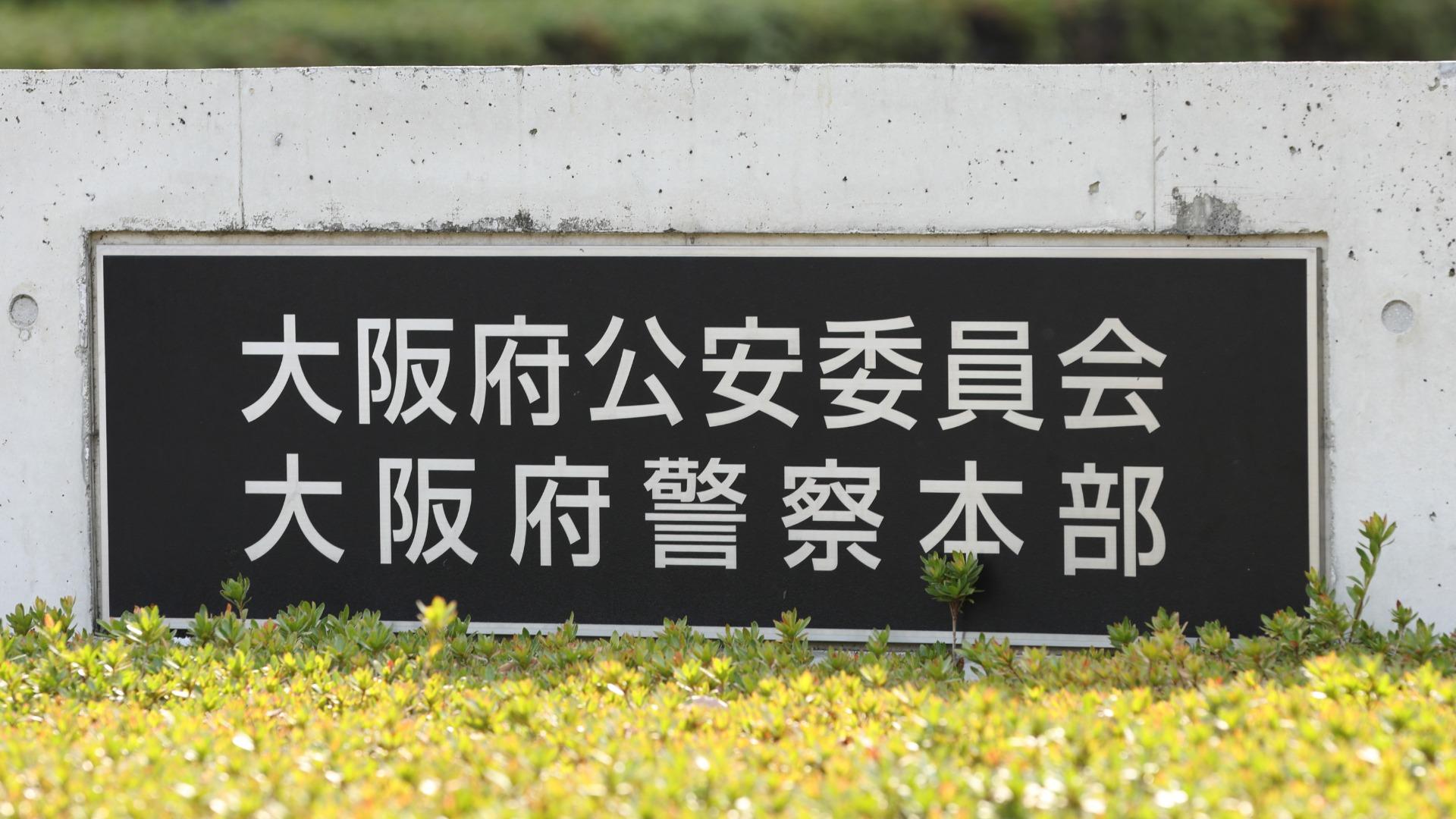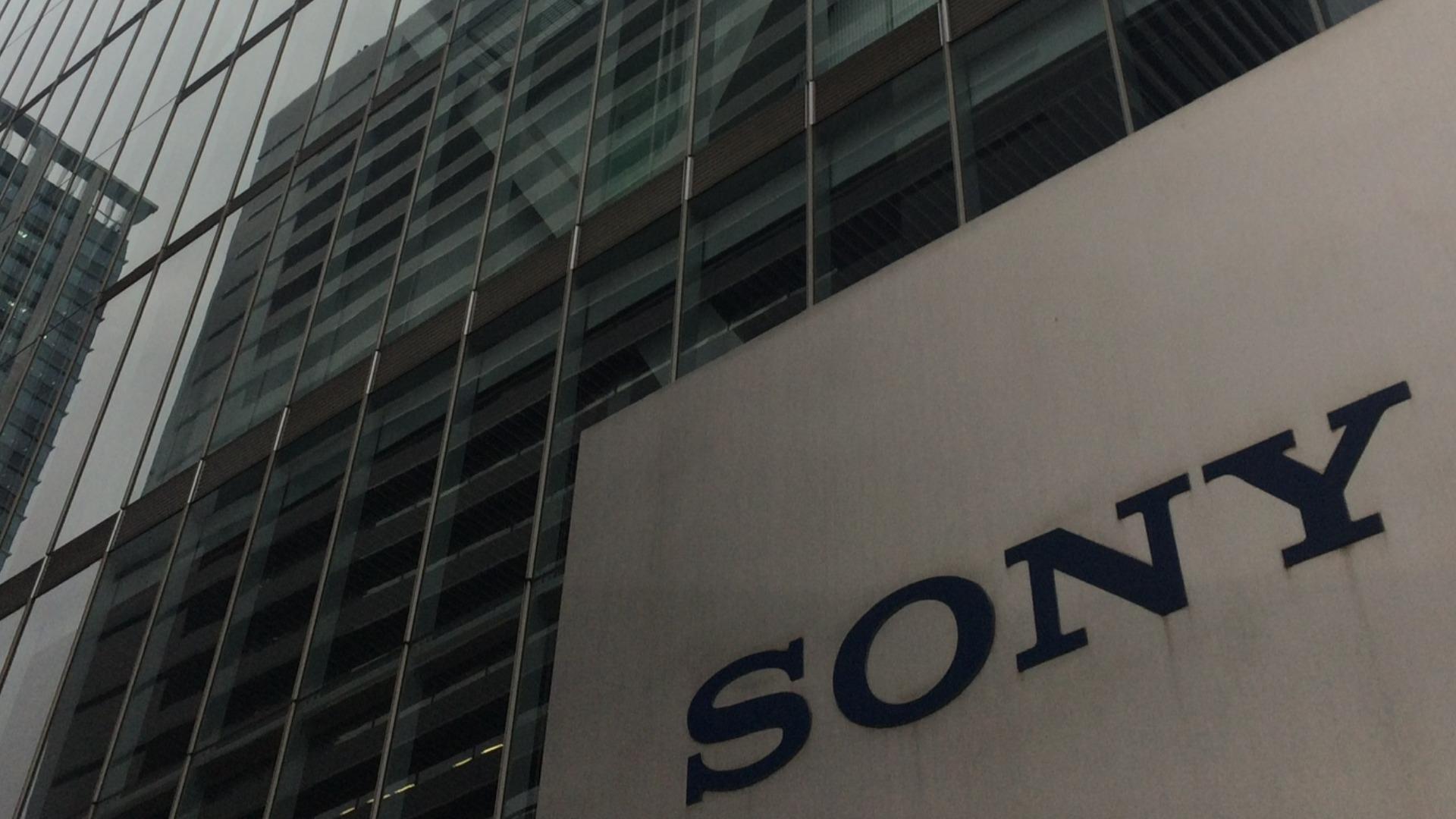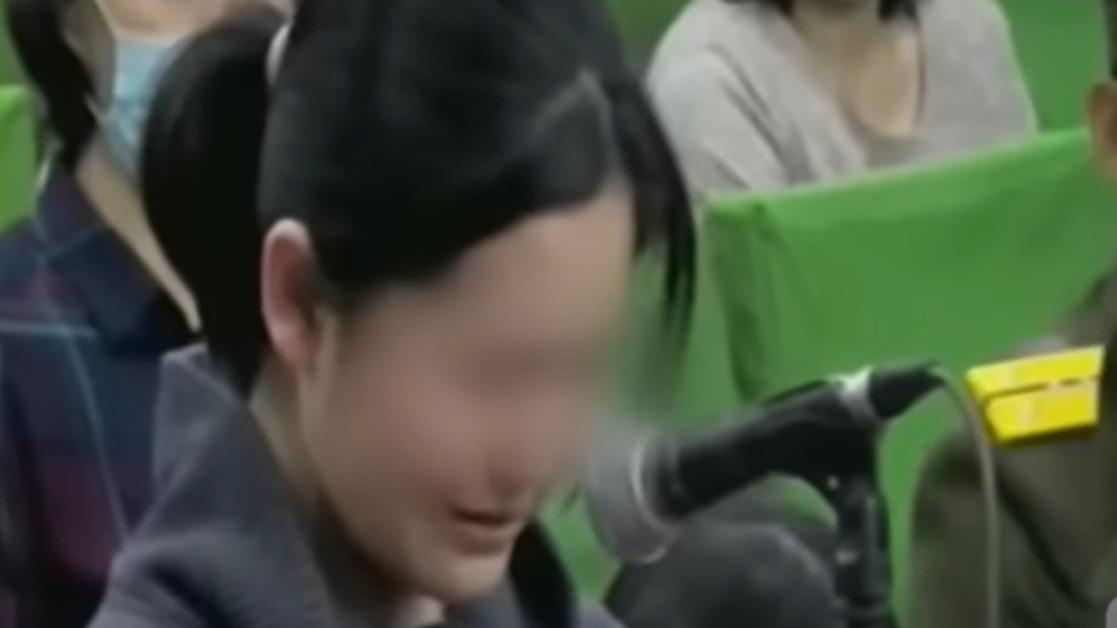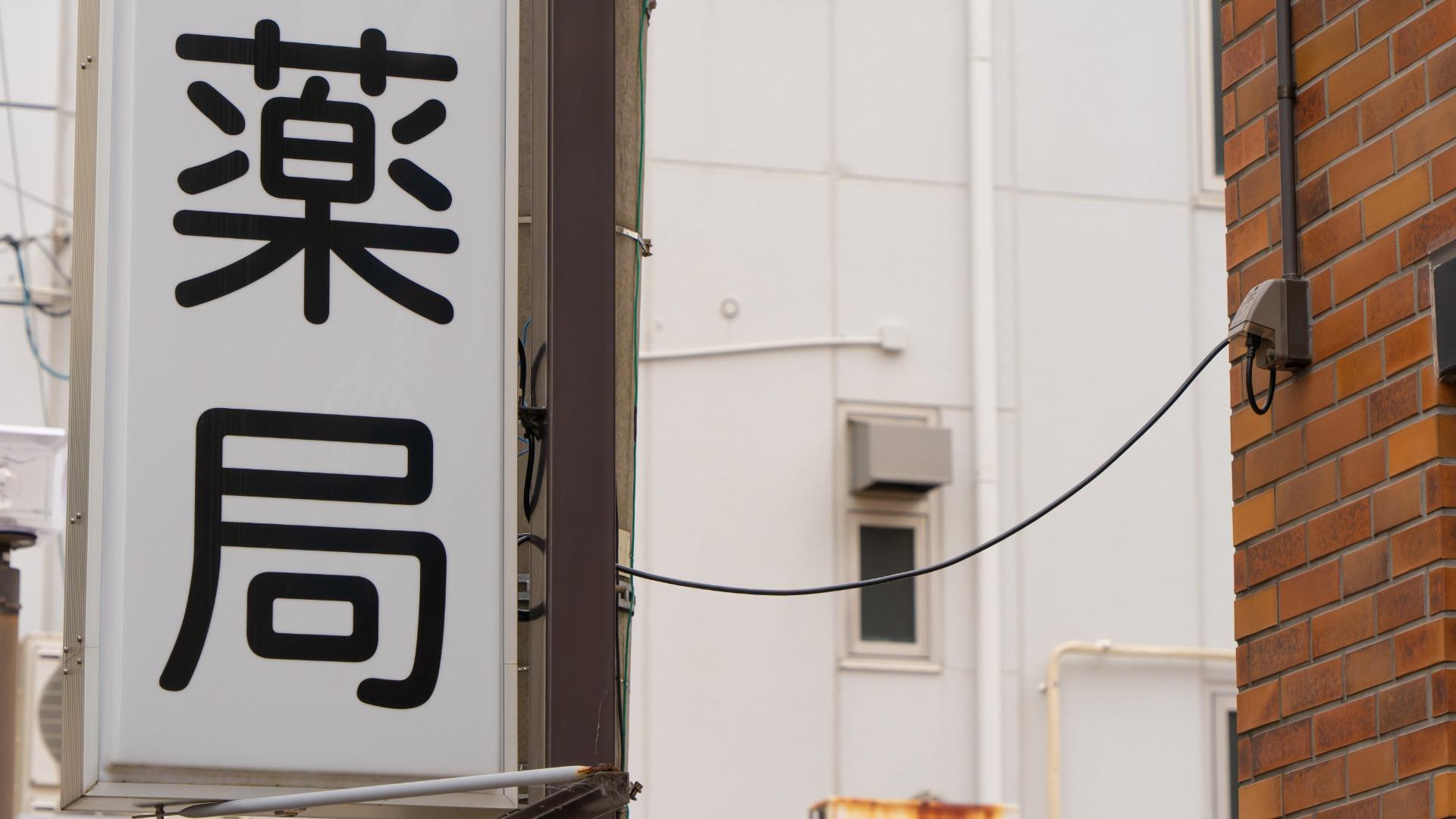外国人の方々、死んだ後のお墓は大丈夫ですか?…宗教や国籍等が異なる外国人のお墓の問題(下)
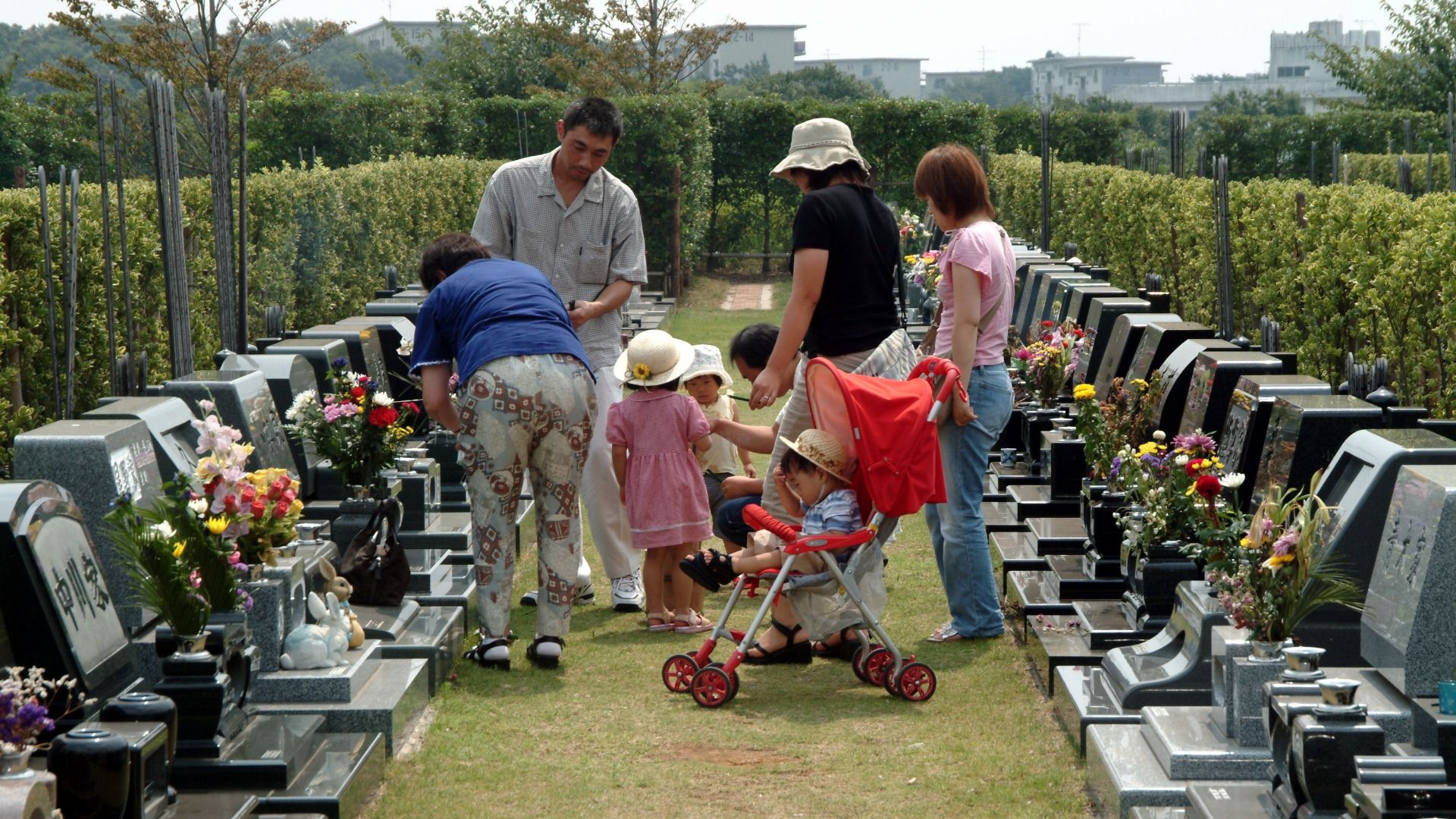
……前回から続く……
(Translated version follows this article.)
S:話題を少し変えさせていただきますが、火葬・土葬の問題もありますが、石毛さんから先ほどお話しいただいたように、外国人の方々向けのお墓の数も少ないようですので、その後の対応の現状はどのようになっているのでしょうか。
お骨の取り扱い等について
石毛さん:そうなんです。その意味で、日本に住むイスラム教徒だけでなく、他の外国の国籍の人も同じように悩みを抱えているのです。それはつまり、日本の墓地は国籍を理由に遺骨を受け入れないことがあるのです。
たとえば、日系移民の問題があります。かつて日本の移民政策によって日本人がブラジルに25万人が移り住み、現在ではブラジルにおいて日系ブラジル人の人口は世界最多の250万人になっています。その後、高い収入を求めて、日系ブラジル人二世、三世などがブラジルから日本へと労働者として来日し、日本に移民のように長期滞在する外国人が増えています。そしてその場合において、日本に一人で暮らす外国人が亡くなった場合などは、遺族や友人などに知らせたくても連絡が取れずに仕方なく教会やその関係者などが預からなくてはならないケースや外国人家族の遺骨を納めることができずに仕方なく、押し入れの中にお骨を置いてあるというようなこともあるようです。
日系ブラジル人の窓口になっているブラジル大使館のある外交官の方は、「ブラジルを離れるとき彼らは、夢や希望を持って日本へ向かったことでしょう。そして、その中には、豊かになり成功を収める者もいれば、地域との関わりが無いなどの要因から、日本の医療・介護・年金といった社会保障も充分に受けられず失業、病気、差別、貧困など苦しい生活を余儀なくしている人たちも多く見受けられます。そしてこうした人たちが亡くなられても、お墓に入れず、ゴミのように扱われてしまう」という現状であるという厳しい窮状を訴えていました。
このような現状を考えると、日本経済を下支えしてきた外国人が、日本で亡くなっても国籍に関係なく当たり前に安心してお墓に眠ることができる死後の受け皿を社会全体で整えていく必要があるということができるのです。
S:本当に残念なことですね。石毛さんらは、そのような問題解決のために活動をされ、実際の対応をされていると伺っています。それについて、お教えいただけませんか。
石毛さん:こうした悩みに応えるために、日本海外協会の林隆春代表理事と多摩八王子霊苑(東京都八王子市)を管理する徳雲寺住職である私で、昨年(2021年)に、民族・人種・宗教・国籍問わずに安価で遺骨を納められる外国人のための合同墓「外国人用合同納骨堂(国際合同墓)メモリアル・リスタート・コミュニティ」を日本で初めて完成させていただきました。
現在は在日ブラジル人が納骨されていますが、今後は働き手が増加してきているベトナム人など他国の方々も利用されるのではないでしょうか。
この納骨堂のデザインは熊本出身のつつみよしひこさんによるもので、ブラジルからの石が使われ、斬新でおしゃれな仕上がりになっています。納骨には費用が発生しますが、支払い対応の相談にも応じています(注)。
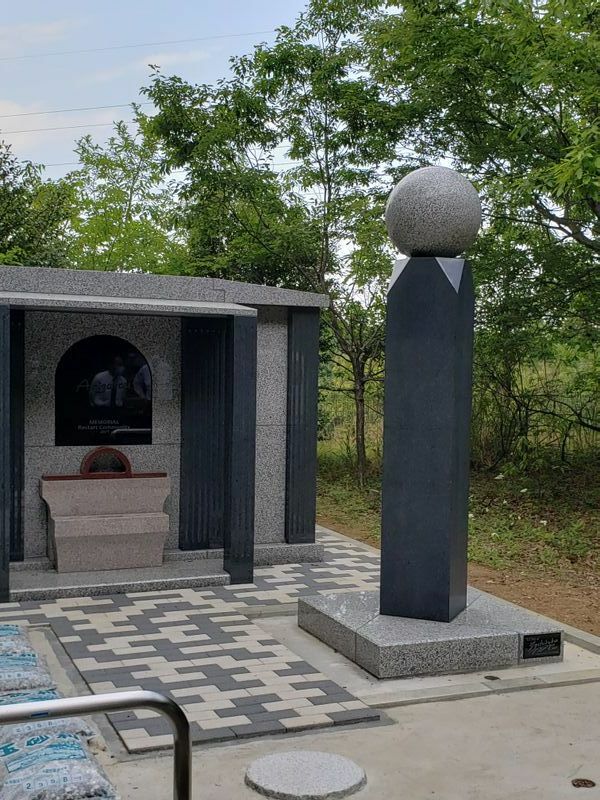
S:ありがとうございます。石毛さんらの民間の方でこのような動きがあるのですね。その活動なども踏まえて、最後に読者にお伝えしたいことなどはありませんか。
伝えたいことについて(真の国際化)
石毛さん:少し論点が変わるかもしれませんが、人間やその「死」についてお話しさせてください。
ヒト(ホモ・サピエンス)は、約20万年まえにアフリカで発祥したと言われています。この地球には人種、言語、宗教など違いのある約78億人以上の人が暮らしていますがそのルーツは皆同じなのです。ところが、そのヒトが、この地球上のさまざまな地域や時代で生活するようになると、言語、文化、生活、民族、宗教、考え・姿勢、価値観等様々な違いが生まれてきたのです。
他方で、現在は、グローバル社会といわれるように、ヒトの移動は容易くなり、自身が生まれたり、関係する場所・国とは異なる場所や国で生活したり、仕事をすることも増えていますし、難しくなくなってきています。今後は、その傾向はさらに強まっていくでしょう。そして、外国人が、たとえば日本で暮らす際に、権利を主張する方々も当然に現れてくるでしょう。その場合に、日本人が、外国人の生活や習慣をみてグローバル・スタンダード(世界基準)が日本と違うのだと驚きや発見をするかもしれません。いや、そのようなことは、先ほどお話しさせていただいたことなどにもすでに顕在化してきていますよね。
また「死」、ヒトの寿命についてもお話しさせてください。
縄文人は、途方もなく高い乳幼児死亡率のため平均寿命は男女を問わず14.6歳だったという推計があります。これに対して、現代では医療技術の進歩により寿命を延ばしています。最近よく聞く言葉に「人生100年時代」があります。身近な人が100歳を超えることも珍しくなくなりました。
しかしながら、仮に癌の特効薬が開発されたとしても、人はいつかは死ぬのです。イギリスの国家政策から生まれた『ゆりかごから墓場まで』という言葉がありますが、私たちは生まれた瞬間から死に向かって時を重ねていくのです。そしてフランスの哲学者パスカルは「人間は生まれながらの死刑囚」と言葉も残しています。いずれにしても、死亡率は100%なのです。
これらのことからもわかりますように、外国人の方々の「お墓」の問題は、私たち日本人に多くの問題や課題を投げかけているのです。
さらに、今年の2月24日に始まったロシアによるウクライナ侵攻は現在も続いています、21世紀の今日においてもこのようなことが起こりうるのかといえるぐらいに、あまりにも非人道的な残忍な行為・戦争といえるでしょう。
この戦争によってロシアやウクライナからのエネルギー、食料、原材料などの資源の輸入の減少や世界の貿易や生産の低下などから大きな影響が生まれてきており、欧米を中心とした世界ばかりでなく、現地から最も離れたところにあるともいえる日本の経済や社会にも暗い影を落とし始めています。
しかしながら、ご存じのように、人間は、生を受けてからは、とても一人では生きられないのです。それは、個人ばかりではなく、グローバル社会では、国も同じです。特に日本は、資源の少ないなかで、繁栄していくためには、他国との共存共栄を通じて以外にはありえません。
その意味では、私は、日本は、世界中から多く人々が住み続けたい、そんな羨望のまなざしをそそがれる国・社会であって欲しいと思うのです。
日本が、そのような国・社会であるためには、異なる国籍であっても人権などが守られる、平和で多文化共生の社会の仕組みが整備されていることが求められているということがいえるのではないかと思います。
このようなさまざまな視点・観点や意味からも、私たち一人ひとりが、目の前にある外国人のお墓の問題を今こそ真剣に考える時期に来ているのだと思います。
S:石毛さん、本日は、お忙しいところ、お話を聞かせていただきありがとうございました。今日は、外国人のお墓の問題は、日本が国際社会でどのように他国や他国民と関係をもち、今後日本をどのような社会にしていきたいかを考える上でも非常に重要かつ大切な問題・課題なのだと改めて考える貴重な機会になりました。その点でも、お礼申し上げます。ありがとうございました。
(注)納骨代は4万円。支払いが難しい場合は相談に応じています。問い合わせは日本海外協会(電話058・648・5413)。また徳雲寺に対するご連絡はメール(tokuunjikongou@gmail.com)にご連絡ください。
インタビュー対象者略歴:石毛泰道さん 徳雲寺住職
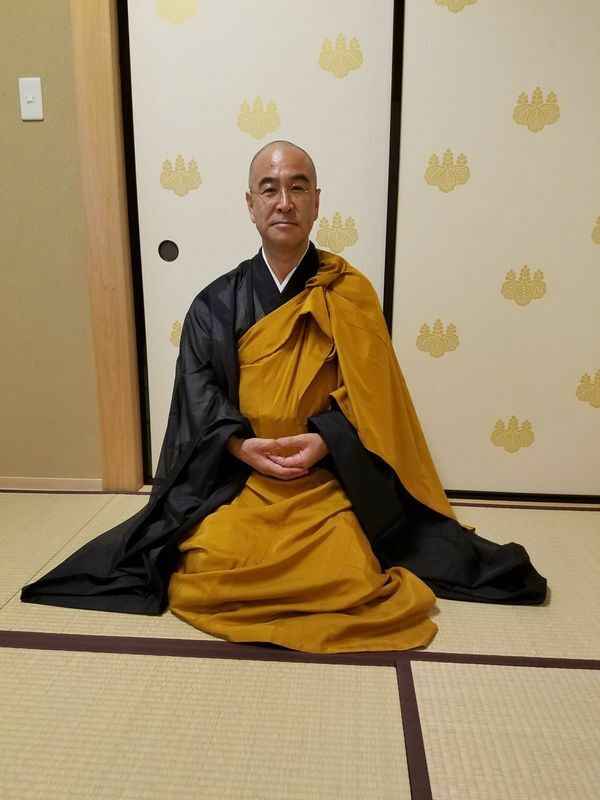
曹洞宗大本山総持寺独住第十八世の孤峰智サン禅師の門下である三輪悦禅大和尚の高弟三輪智明大和尚に師事し、石川県で約六百年の歴史を持つ同派北斗山徳雲寺住職になる。慶応大学文学部を卒業したのち 早稲田大学大学院公共経営研究科博士課程を修了。フランスの国立ストラスブール大学でも海外の文化や宗教を学ぶ。またアフリカ諸国に井戸や学校などを建設し、子ともたちの教育に貢献している。
徳雲寺の連絡先:tokuunjikongou@gmail.com
A cemetery for non-native. Is it available in Japan regardless of nationality and religion?
Continued from the previous interview.
S: I’d like to change the subject from cremations and interments. You have helped me realize that cemeteries for foreigners are insufficient. What is the status of countermeasures for the issue so far?
Acceptance of ashes and other issues
Ishige: That is very perceptive of you regarding the problem. Not only Muslims but also many other foreign people in Japan are worried about similar issues. In short, some Japanese cemeteries refuse to accept ashes because of the nationality of the deceased. For instance, there is the issue of the descendants of Japanese immigrants. In the past, 250 thousand Japanese immigrated to Brazil as a result of immigration policy of the government. Thereafter, the second and third generations, that is the descendants of the immigrants to Brazil, have come to Japan as workers seeking high income opportunities. Some of them stay as immigrants to Japan, and their number is ever increasing. Some of them may pass away with no way to contact their bereaved family members or friends. In a situation like this, third parties such as their churches are forced to keep the ashes in custody, because there are no other choices. Others may pass away attended by their family and their ashes remain in closets, because the bereaved family cannot find cemeteries which accept the ashes of foreigners. A diplomat from the Embassy of Brazil who is in charge of counter services for Japanese Brazilians discusses this harsh plight. He says, “When they left Brazil for Japan, I suppose they had dreams and hope for the future. While some of them may succeed and become rich, many others may be forced to live hard lives without sufficient social security, such as medical and nursing-care services or pensions. When they pass away here, to make the matter worse, it is difficult to find cemeteries which accept the ashes of the deceased. Although it might be an exaggeration, the ashes are often treated as garbage." Considering this situation, I would say we need to engage in society-wide efforts to prepare places where the foreign workers who have supported the Japanese economy so far can rest in peace, regardless of nationality, when they pass away here.
S: That’s too bad. I hear you are acting vigorously to improve the status by means of a practical approach. Could you tell me about your activities on the issue?
Ishige: In 2021, I, as the Chief Priest of Tokuunji Temple, which manages Tama Hachioji Cemetery, established the Memorial Restart Community (MRC), with Takaharu Hayashi, Representative Director of the Japan Overseas Council. MRC is the first burial vault in Japan where foreign people can entrust remains at a reasonable cost, regardless of race, nationality or religion. The cemetery has accepted remains of Brazilians in Japan so far, and the usage of the place will go on increasing among other people such as Vietnamese, corresponding to the increase of workers here. The ossuary is made of stone imported from Brazil, with a fashionable and unique design by Yoshihiko Tsutsumi from Kumamoto Prefecture. Regarding the payment of the charges for utilization, individual circumstances will be considered. (Note)
S: Thank you. I understand that private organizations like yours are conducting various activities in order to find solutions to the issue. Do you have anything else to tell the readers about your activities or other subject?
Something you should know: Internationalization in the true sense.
Ishige: Although the subject may be a little different from the purpose of this interview, I’d like to talk about human beings and their deaths. Human beings (Homo sapiens) are said to have originated in Africa some 200 thousand years ago. More than 7.8 billion people now live on earth. Although there are differences in race, language and religion among us, we share the same roots. Since the emergence of human beings, we have spread all over the world and have become different in terms of language, culture, lifestyle, ethnic group or nation, religion, attitudes, values and so forth.
On the other hand, it has become easier to move anywhere, as we advocate a global society so that occasions increase to live or work abroad, facing difficulties living as non-native citizens. From now on, this tendency will increase further. Some foreigners, living in Japan for instance, will claim their rights, a stance which comes as no surprise. In that situation, Japanese people may be surprised or realize that the global standard is different from the Japanese standard. You may say that such situations have already become common, as I have said so far. In addition, I’d like to talk about the deaths and lifespans of human beings. The average lifespan of the Jomon people is thought to have been 14.6 years regardless of gender, because of their tremendously high child mortality. In contrast, the lifespan of modern humans has been prolonged with advances in medical technology. We often hear that we have reached the stage of the 100-year lifespan now. However, even if a silver bullet for cancer were developed, people must die someday. As in the expression “from the cradle to the grave,” which is derived from British national policy, our clock keeps count from the moment of birth until we die. Pascal, a French philosopher, wrote that humans are born to be criminals under sentence of death. In any case, our death rate is 100%. As I have mentioned so far, the issue of cemeteries for non-native people is raising many questions about our society.
Furthermore, the Russian invasion in Ukraine, which broke out on February 24 this year, is still going on. This war is totally unacceptable today, the twenty-first century, for its inhumane acts and brutality. The war has caused the reduction of imports of resources such as energy, foods, and raw materials from Russia and Ukraine to the rest of the world, ultimately decreasing production worldwide. In this way, the war has had significant effects not only on the western countries but also on Japan, which is far away from the battlefield, casting shadows on the economy and the society. However, as we all know, it is impossible for human beings to survive alone. The same is also valid for countries in the global society. In particular, Japan, with few natural resources, has no option other than to seek prosperous coexistence with other countries in order to keep on thriving. In this sense, I hope Japan will become the envy of all, regarded as a country and society where many people from all over the world want to keep on living. To make Japan a country and society like this, the social frameworks must be ready for peaceful multicultural coexistence. From various points of view like this, and in the sense that I have mentioned so far, I would say each of us is currently thinking seriously about the issue of cemeteries for foreigners as a problem.
S: Thank you for your time. It has been a valuable opportunity to see the issue of cemeteries for non-natives in a new light, as it is a quite important and unavoidable problem for Japan in consideration of how she should build relationships with other countries in the global society, and what kind of society she should aim to develop in the future. I appreciate this point as well.
Note: The charge for usage of the cemetery is 40,000 yen. In case of hardship, individual circumstances will be considered.
For details, contact the Japan Overseas Council at the following telephone number: 0586-48-5413.
Contact Tokuunji Temple at the following e-mail address: tokuunjikongou@gmail.com.
Brief biography of the interviewee: Taido Ishige, Chief Priest of Tokuunji Temple
Studied under the high priest Chimyo Miwa, a leading student of the high priest Etsuzen Miwa, who in turn was a follower of the Zen master Chisan Koho, 18th head abbot of the Soto Zen Buddhist Sojiji Temple.
Mr. Ishige is the Chief Priest of Tokuunji Temple, which belongs to the same sect as Sojiji Temple and has a history of about 600 years in Ishikawa Prefecture.
Education: Bachelor of Arts from Keio University. Doctorate from Graduate
School of Public Management, Waseda University.
Studied international culture and religion at Strasbourg University
(France).
Foreign aid activities: He has contributed to African countries in child education and construction of schools and wells, etc.






